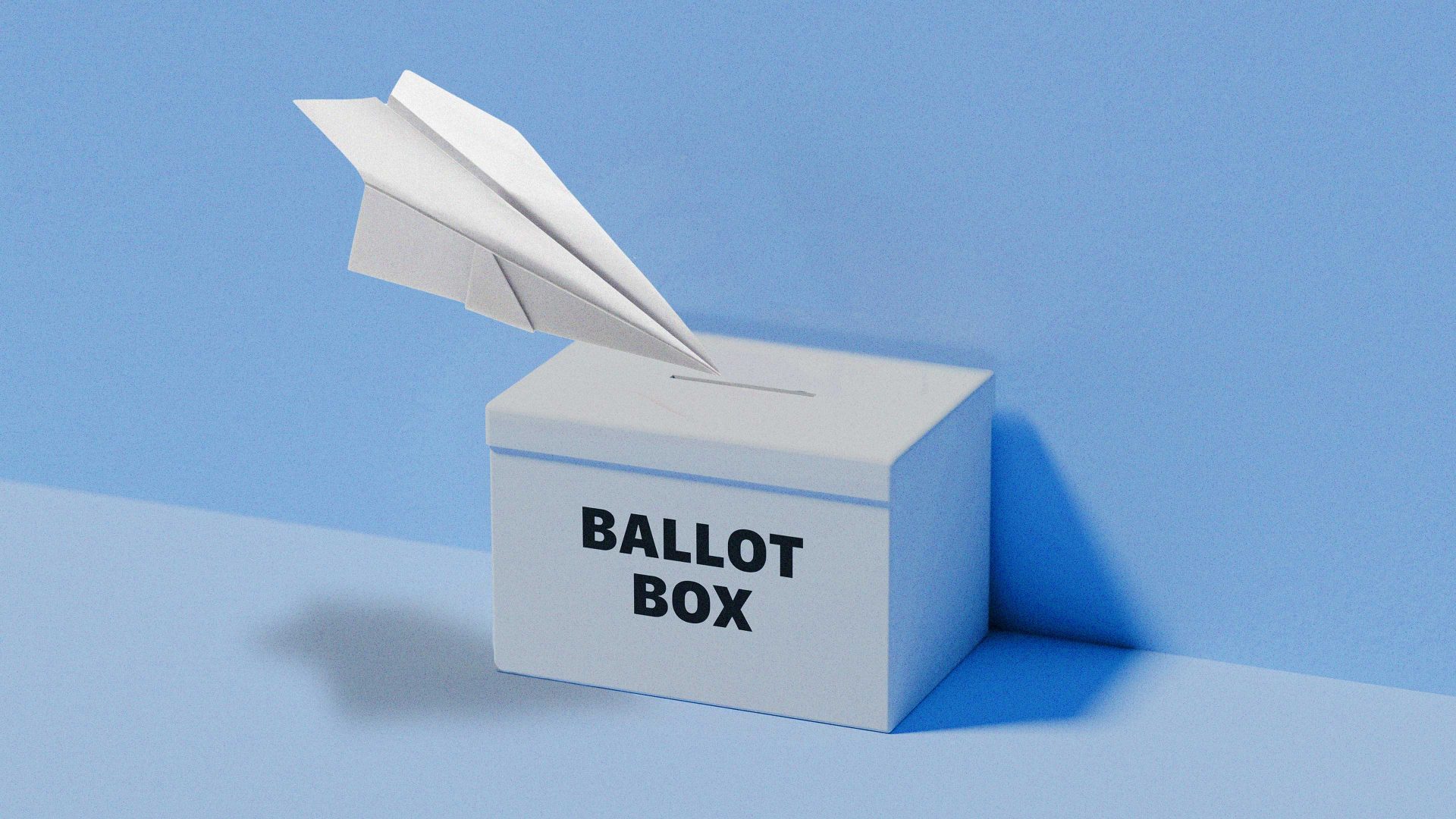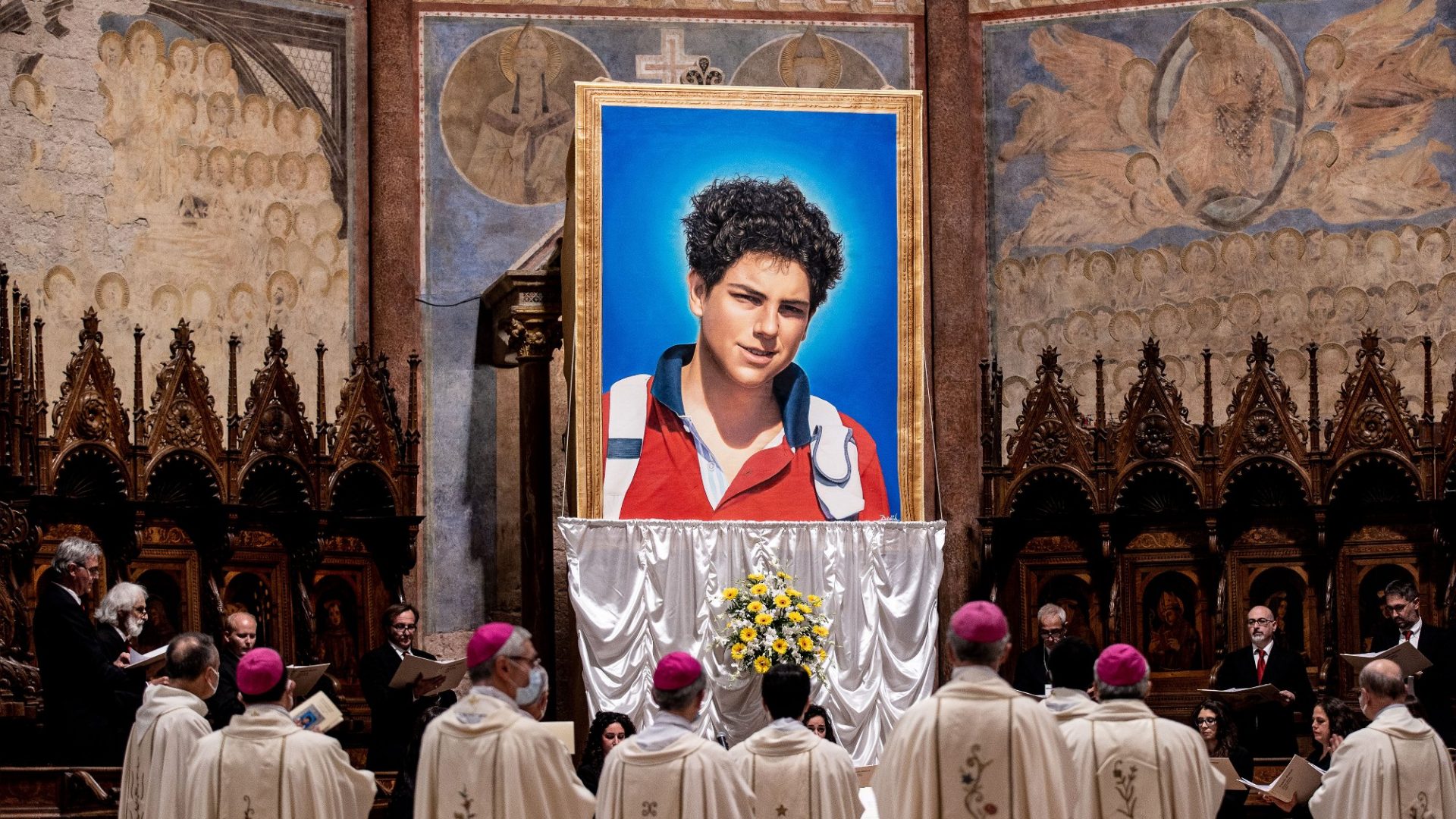The honourable member for North Benelux sat down. She had just delivered her maiden speech in the House of Commons following the 2033 general election, announcing her party would be changing policy and applying, over the course of the next parliament, to rejoin the European Union. “About time too,” heckled a member on the opposition benches.
But wait. The honourable member for North Benelux? Well yes, if plans proposed by Unlock Democracy, the cross-party political campaign group, come to fruition.
In 2022 the government granted all British citizens overseas the right to vote in UK elections. Previously, if they had lived abroad for more than 15 years they were excluded. The new law means about 3.5 million people will now be eligible to vote. But their vote will be cast in the last UK constituency in which they resided, meaning they will be represented by an MP from a place they lived in decades ago.
“UK voters abroad are poorly represented,” says Tom Brake, former Liberal Democrat MP and director of Unlock Democracy. “Their issues are not the same as those facing voters in their old constituencies. MPs aren’t particularly familiar with pensions, social security, foreign policy or employment rights problems that UK voters abroad confront. This is unsurprising as these voters represent a tiny fraction of their MP’s constituency population. Their voices are drowned out, their concerns unaddressed.” It is, as Brake suggests, a two-tier system.
The proposed solution is to introduce overseas constituencies with dedicated MPs representing British citizens who live there. We wouldn’t be alone – 17 countries currently operate such a system including Portugal, Italy, Romania and, most notably, France. Since 2008 France reserves 11 seats in its National Assembly for citizens abroad. Overseas voters also elect 12 seats to the Senate, by proportional representation. All are weighted towards parts of the world with higher numbers of expats, such as the UK.
The system has wide support. Alexandre Holroyd is MP for the 3rd Constituency of French Residents Overseas, which includes the British Isles. “There are sceptics who question its necessity, but in general there is broad political consensus on the need to ensure the continuity of French rights and duties for French citizens abroad and that these citizens must be represented in parliament,” he explains. “Supporting them also means supporting consulates and embassies to provide them with effective services,” he adds.
But how would such a system work in the UK? Which regions would qualify for an MP? “The number of MPs in each region would be linked to the number of UK citizens registered to vote there,” says Brake. “So Europe, Oceania and the US would get more; Asia, South America and Africa fewer. The number of MPs per region would be worked out by the Boundary Commission.”
The commission ensures constituencies have similar numbers of voters irrespective of land area, so overseas constituencies would be of similar population, physical size notwithstanding.
Unlock Democracy, alongside New Europeans UK, a charity helping EU citizens secure their rights in the UK, is currently lobbying parliament to make the change. The Liberal Democrats have already made it party policy.
But would an already bloated House of Commons have room for extra MPs? And how much would it cost? “Those opposed point to the outlay,” says Brake. “But we estimate this at £340,000 per overseas MP with only an addition of eight to 10 MPs. That’s based on the average UK constituency electorate being approximately 70,000 divided between around 500,000 overseas voters.” Although 3.5 million people are eligible to vote it’s projected that only about 500,000 will register to do so. Unlock Democracy also suggests any additional MPs could be offset by reducing the number of UK constituencies.
There are other arguments against. Chris Philp, Conservative minister for crime, policing and fire before the dissolution of parliament, thinks it’s too complicated, insisting that creating overseas constituencies would require difficult changes to voter registration and the conduct of polls. He also believes overseas voters should have some connection to the area of the country where they last resided. Brake disputes this.
“The argument about maintaining the link with their old constituencies is less relevant for them as each year passes. What becomes more relevant is the way their interests are represented in parliament, and currently they are badly represented,” he says.
Jane Bentley, a nurse who moved to Limoges in 2020, is looking forward to meeting her new MP. “It makes so much sense,” she says. “I’m from West Yorkshire and my MP has no inkling of what is important to Brits living in France. We are neglected and lack representation. And Brexit has made it a whole lot worse. Trying to get work, despite my qualifications, is almost impossible.”
For Bentley and many like her, that maiden speech by the Honourable Member for North Benelux can’t come soon enough.
Mick O’Hare is a freelance journalist, author and editor




